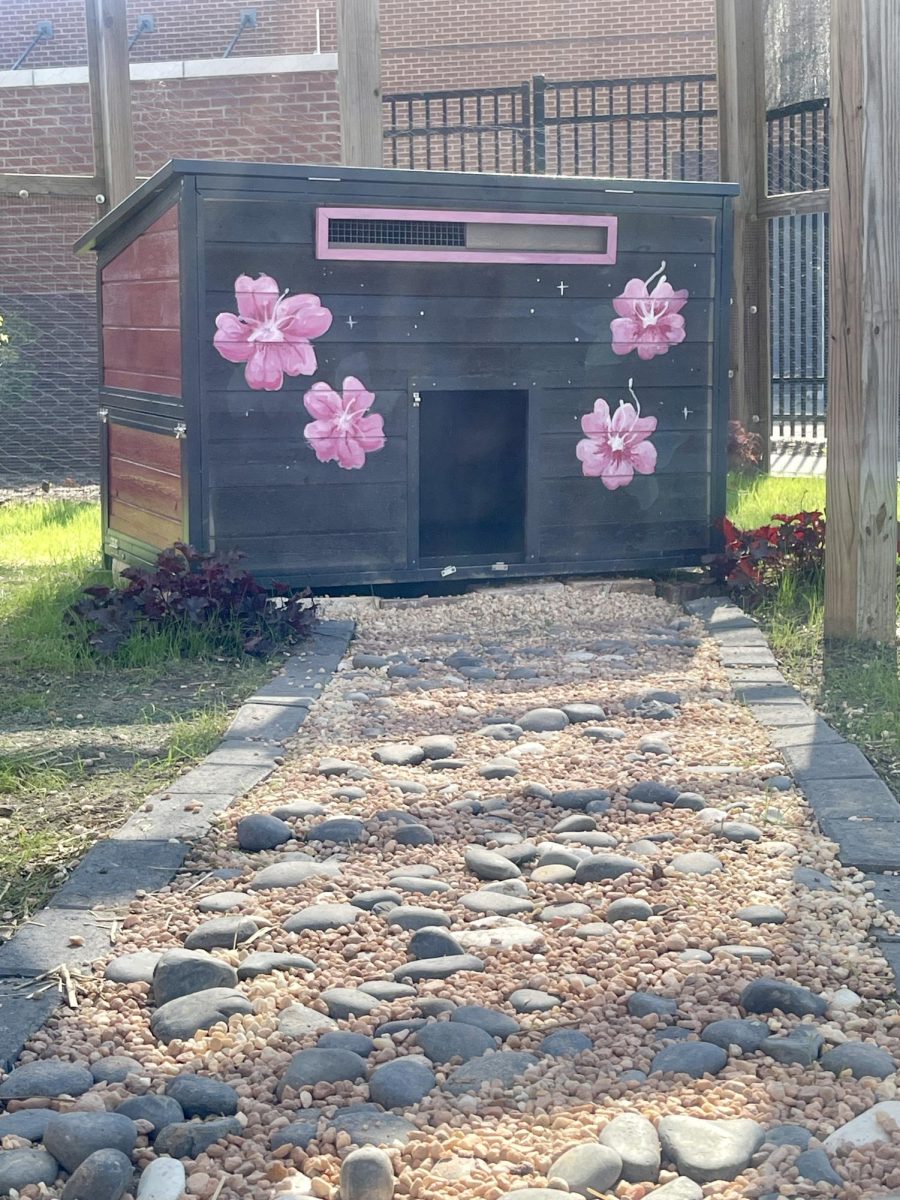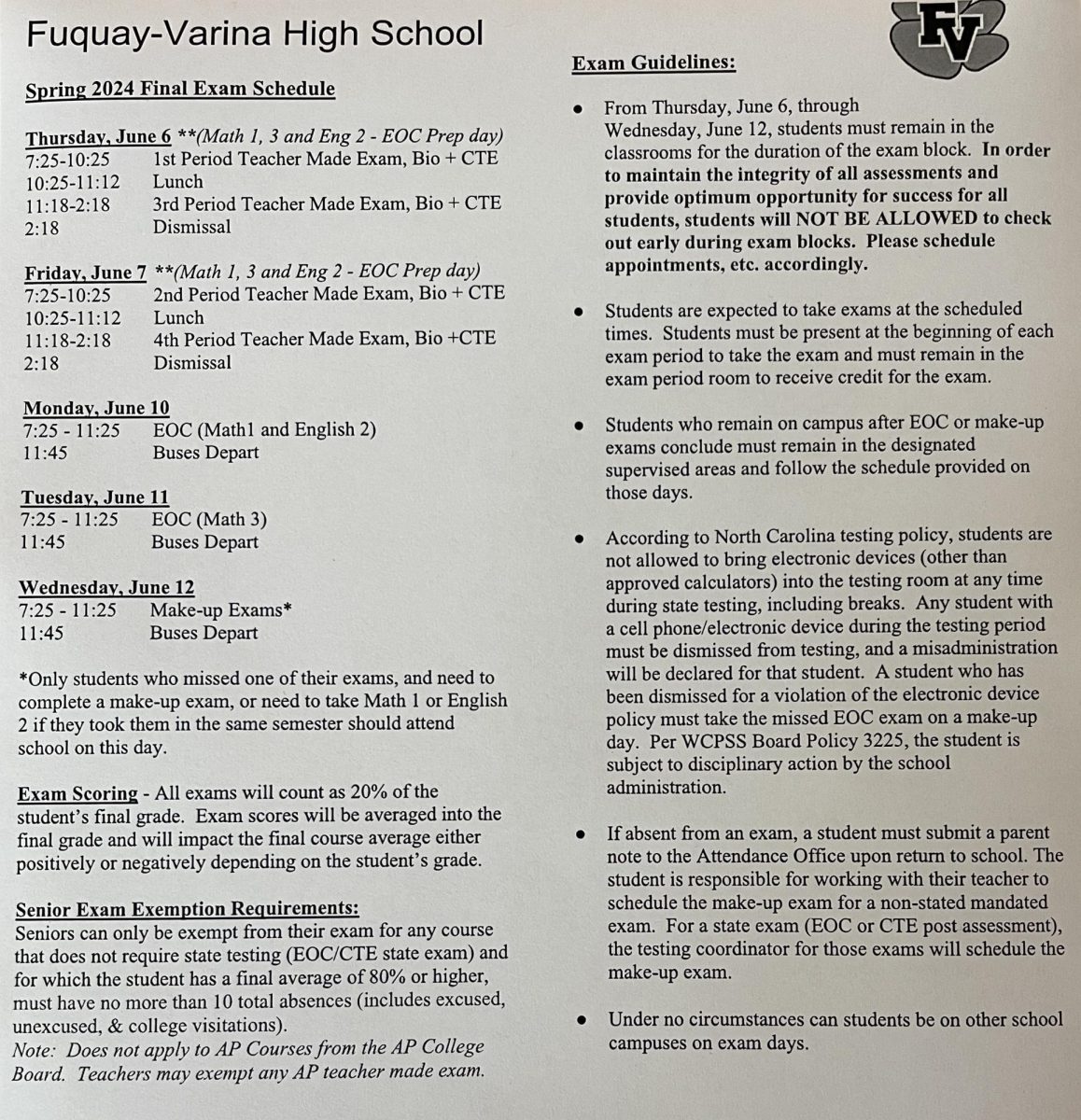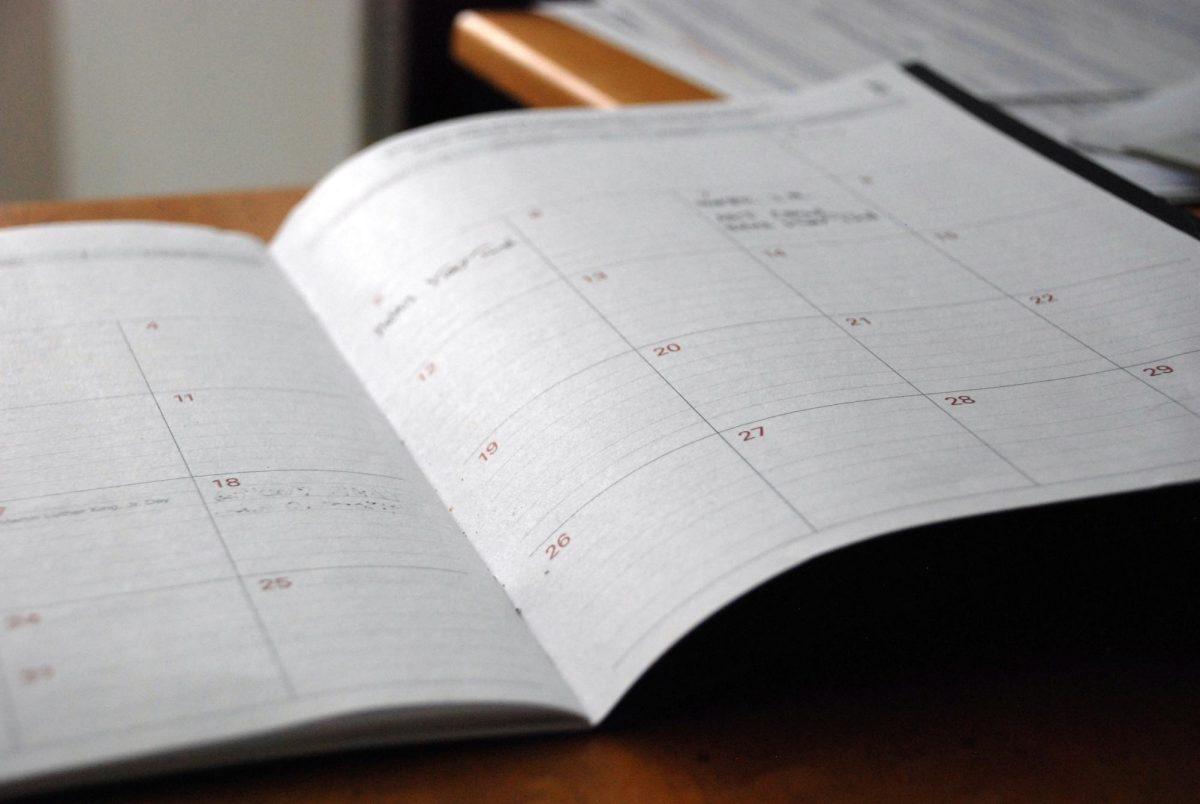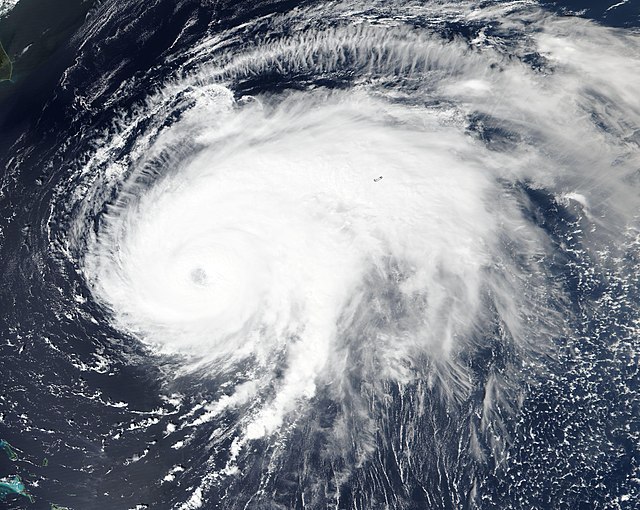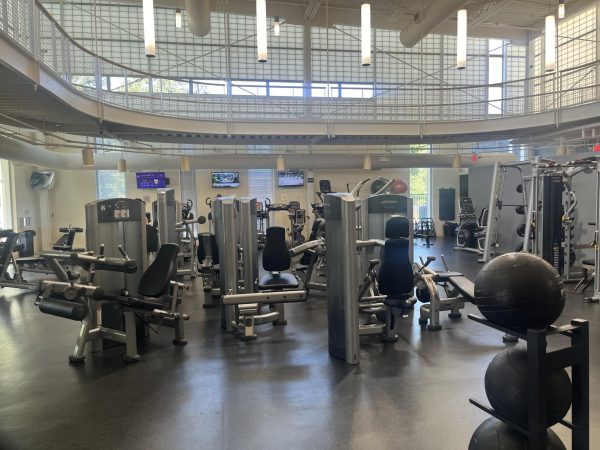Tips to prepare for hurricanes
Living in North Carolina, one must come to accept the possibility of hurricanes not only for the simple fact that they just exist, but also so that one may prepare themself for the conditions left in their wake.
Before worrying about what necessities you need in order to ride out a hurricane, you’ll need to check your local flood maps and see if you’re in a high-risk area for flooding, and if so evacuate.
Assuming you don’t need to evacuate, the first base you’ll want to cover when preparing for an approaching hurricane is making sure that you have packaged, nonperishable food, as well as bottled water. Packaged food is, ideally, the last resort meant to sustain you in the case that you burn through your perishables and cannot restock for whatever reason.
On the same note, if you have a pet, make sure you have enough food to keep them fed throughout the duration of the hurricane.
The bottled water is there in case your power goes. When this happens your well will stop working. You’ll be able to use whatever water was already in storage, but the pressure will drop as you do this. The result of the drop in pressure is the entrance of bacteria into the system which will for a time contaminate the water.
Additionally, in reference to water, you’ll want to fill up a tub with water, if possible shortly before the storm comes. This is to be used for purposes other than drinking (such as flushing a toilet if the tank’s water runs out).
Whenever a hurricane comes through, there are always power outages, so this is what you’ll want to turn your focus to next. Make sure to charge any and all electronic devices you want to use both before and during the storm whenever possible, as you have no idea when the power will go out. If you have a portable charger that’s great; if it’s solar powered that’s even better.
Take inventory and organize any flashlights, lamps, radios, batteries, and even any candles you may have. A helpful tip is if you lack a lamp but need to illuminate a room hands-free, simply set a flashlight with the flat end down, facing up. This will generally illuminate the room with about the effectiveness of a decent nightlight. You’ll want a radio so you can hear news updates concerning the storm’s status and cleanup efforts, as well as just listen to music since entertainment will be limited. The worry of depleting batteries can be mitigated with fairly common windup radios that have a flashlight built in. If able, you should also look into the possibility of getting an external generator for your house, but do keep in mind this would require fuel, a compatible plug on the outside of the house, and a cover for the generator to prevent water damage. It’s important to remember that since generators are burning gas there is naturally carbon monoxide released, so make sure that the area is not only covered but also ventilated (open).
On a less significant note, make sure to contact those close to you and inform them that you may be without Internet for the time being. This is to prevent worry about unreturned messages or calls.
Lastly, there are medical aid items that, in all honesty, just include the basics. You’ll want to get things like bandaging and disinfectant, but these are things you probably have anyway, and what you should treat at home only goes so far.
Generally, an excellent source of information is .gov sites, whether it be about hurricanes themselves, spotting the signs, or preparing for them. Examples can be found in the following links: ready.gov, weather.gov, and defense.gov. However, it ultimately falls onto you as an individual to assess your situation, and find what preparation is required for you.
Your donation will support the student journalists of Fuquay-Varina High School. Your contribution will allow us to purchase equipment and cover our annual website hosting costs.


